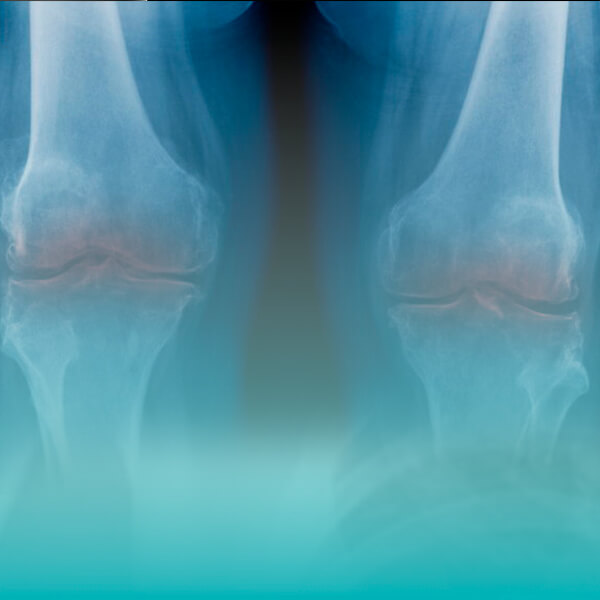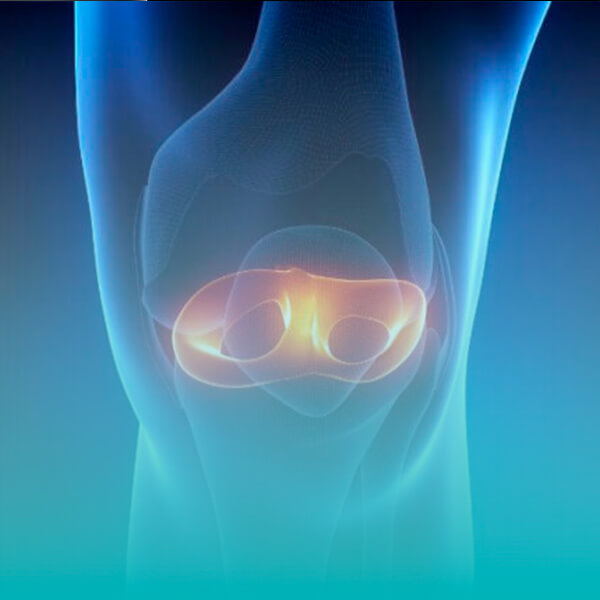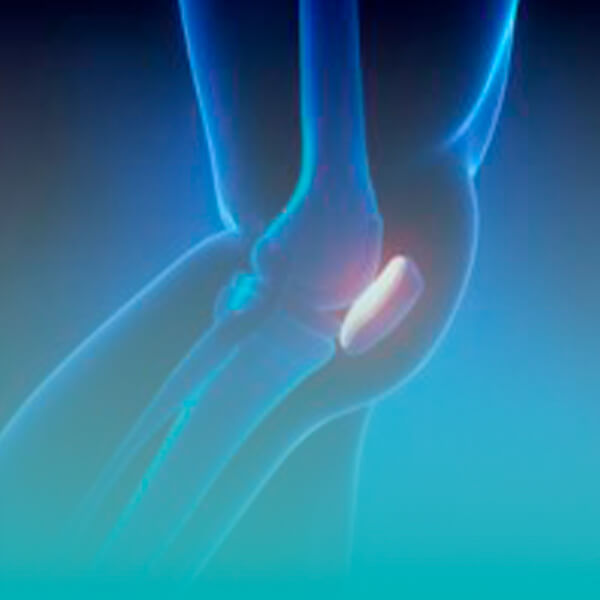Knee Injuries
ANTERIOR CRUCIATE LIGAMENT (ACL) INJURIES
ACL (anterior cruciate ligament) injury is one of the most common knee injuries. The ACL is indispensable for knee stability, strength, and mobility and is generally injured when the knee twists on its axis or extends beyond its normal limit.
Symptoms of people with ACL injury mainly include:
A “pop” sound from inside your knee.
Feeling that the knee is “loose” or unstable.
Intense knee pain.
Immediate swelling with limited mobility.
This injury usually occurs during sports activity.
From minor to major intensity, ACL injuries are divided into 3 stages:
Grade I:
ACL strain, with inflammation but intact fibers. This injury is generally managed conservatively with rest, medication, and rehabilitation.
Grade II:
This includes a partial tear of some ACL fibers. Sometimes it requires surgical management, depending on each patient. Dr. Mauricio González will individualize your case to make the best decision.
Grade III:
Complete ACL tear. Always requires surgical management.
The ACL reconstruction procedure is generally performed arthroscopically; it involves cleaning the injury site and placing a “new” ligament called a graft. Dr. Mauricio González usually prefers to use your own tissues for this graft. There are options where a cadaveric graft is a better option. It is essential to individualize each patient.
There are many options for ACL surgery, such as metal screws, bioabsorbable screws, biocomposites, as well as endobutton systems, tight rope, etc. Depending on the technique used, the required device will be used. Dr. Mauricio González generally uses biocomposite screws and the Arthrex tight rope system. Postoperative management is individualized, but the patient usually stays in the hospital for only one night and can go home without complications.
See all conditions
Get Expert Care
Book Your Consultation with Dr. Mauricio González Campos





